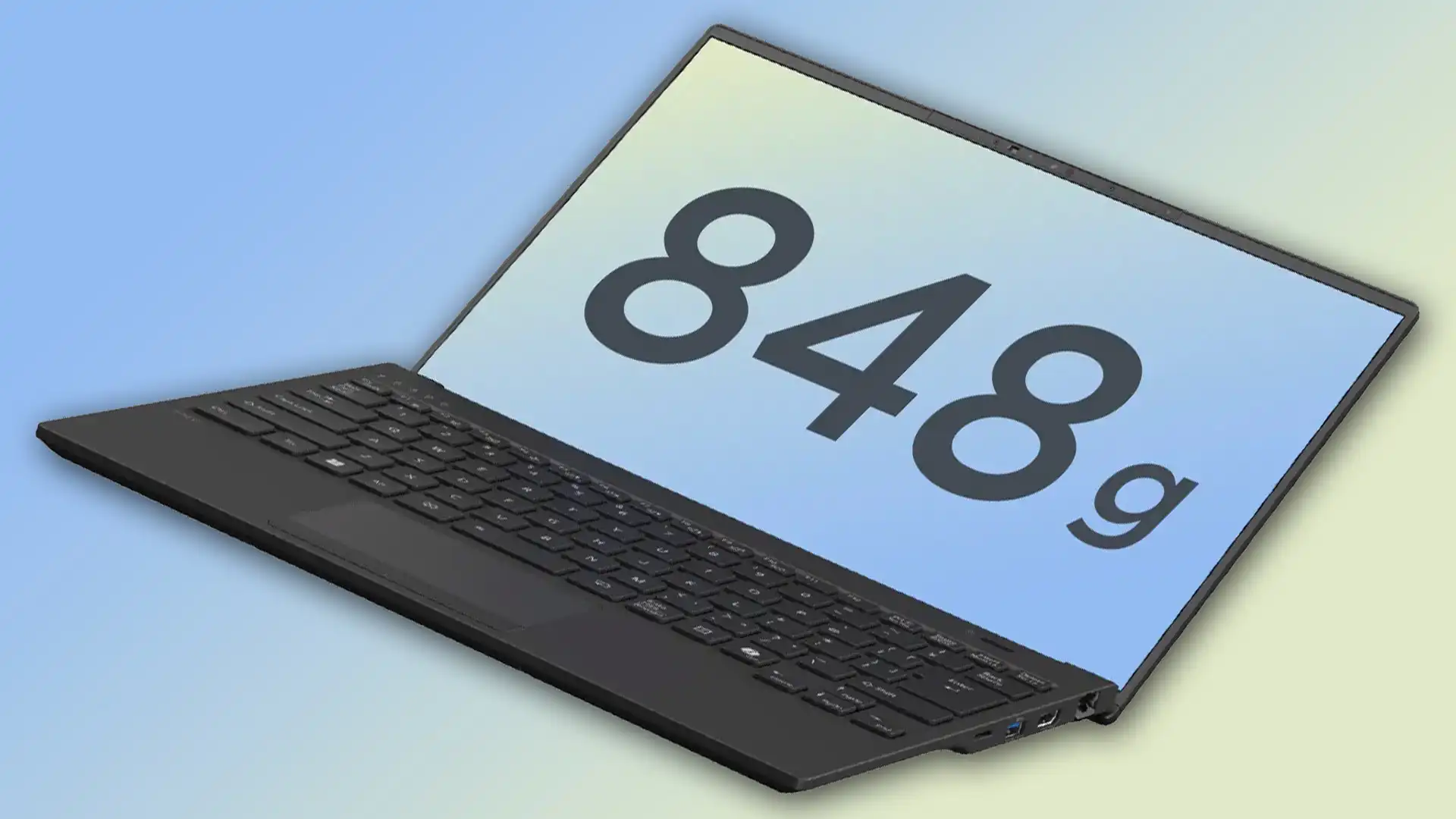
Hard disk drives (HDDs) continue to provide exceptional value when it comes to large-scale data storage, particularly in terms of price-to-performance ratio. The cost advantage of HDDs becomes even more pronounced with larger capacities. For example, while a 1TB SSD might be just a bit more expensive than a comparable HDD, the price difference widens significantly for 4TB models. A 4TB SSD can range from $200 to $300, whereas a 4TB HDD typically costs between $80 and $120.
Beyond cost, HDDs offer another crucial benefit: reliability for long-term data storage. They are particularly suited for archiving large files, such as videos and extensive photo collections, due to their ability to preserve data over extended periods. In contrast, SSDs can experience data loss over time when inactive, as they gradually leak electrons.
Although Intel’s Optane memory, which used to enhance HDD performance with additional cache, is no longer available, hybrid drives like Seagate’s Exos series have stepped in. These drives use several gigabytes of flash memory as an internal cache to bridge the speed gap between HDDs and SSDs.
While SSDs are known for their superior read and write speeds, there are scenarios where the highest data transfer rates are not critical. For instance, a budget DIY PC intended for basic tasks like streaming Netflix could benefit from the cost savings of an HDD. This saved budget could then be allocated to other upgrades, such as increased RAM or a more powerful CPU.
In conclusion, while SSDs are valued for their speed, HDDs remain a viable choice due to their lower price per gigabyte and reliable long-term storage. With the addition of hybrid technology, HDDs continue to be a practical and economical option for budget-conscious users and those who can afford to trade off some speed for cost savings.




